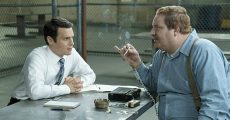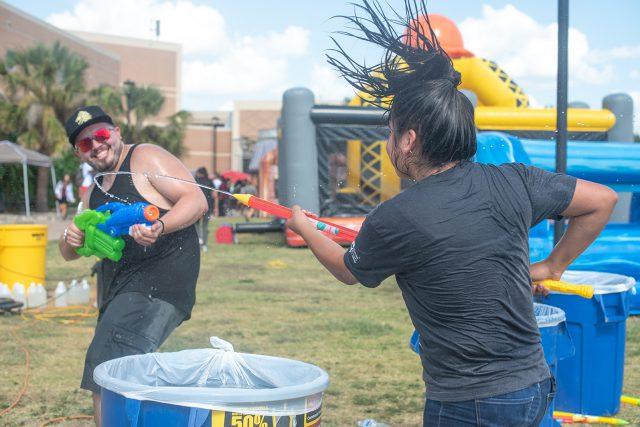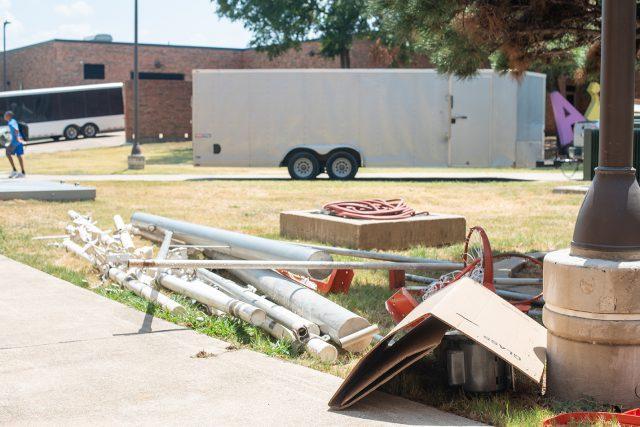
Photo courtesy Patrick Harbron/Netflix
By Jill Bold/campus editor
True crime junkies of the world rejoice — “Mindhunter” season two is here to satiate the natural curiosity of all murderinos across the land.
This Netflix series directed by David Fincher returned for its second season Aug. 16, dropping nine episodes all at once for the binging pleasure of its massive viewership. One of the most popular shows on Netflix currently, “Mindhunter” portrays a team of FBI agents led by Agents Holden Ford and Bill Tench and one female scientist Dr. Wendy Carr, who collectively develop the Behavioral Science Unit in the 1970s and ‘80s by conducting interviews with serial killers in an attempt to understand their way of thinking.
Season one established the ultimate goal of the unit, which is to narrow down the search of an unknown suspect by profiling or listing a variety of characteristics that the killer may possess in order to narrow the suspect pool. Their work during the first season has seemingly pigeon-holed the team, particularly the main character Ford, into believing that serial killers fit a particular profile with no real deviations.
The newest season showcases the continuation of this work of studying criminals. The team continues these graphic interviews in earnest, supplemented by more support from the higher-ups in the FBI. As expected, the FBI’s additional support serves as a double-edged sword. Politics and the usual meddling occur, but in return the BSU team adds two very famous killers to the interview list thanks to some FBI clout.
This season’s research illuminates new perceptions of serial killers. Numerous incarcerated killers were interviewed throughout the nine episodes, with Son of Sam killer David Berkowitz and the mass-murdering cult leader Charles Manson making appearances to entice viewers to continue to peer into the minds of these brutal men.
Several plotlines intertwine to give this season interesting storytelling. This season shows Tench’s family suffering from the events of this season, with his complete dedication to his work throughout these episodes having a profound effect on his loved ones.
Carr attempts to forge a relationship with a female bartender with mixed results. It’s interesting to see Carr’s life portrayed beyond the realm of her scientific work, especially how she and her girlfriend navigate a homophobic and unaccepting world.
Altlanta Child Murders case was extensively featured throughout the season as the main source of action. Finally arresting the suspect that would eventually be found guilty of some of these murders, the team endures a great deal of frustration and contradiction in dealing with the manipulative and soft-spoken man. The season finale brought together all the work and investigative efforts of the local Atlanta police and the FBI to a sad and seemingly fruitless conclusion.
Some of the most compelling scenes in this series belong to Dennis Rader, living as the undetected BTK Killer. He is an undeniable creep. He lives his life as a seemingly normal human being, and BTK’s role as a terrifying walking contradiction is powerfully juxtaposed against Holden’s almost narcissistic-level confidence that his season one analysis of serial killers is always correct and is now the unwavering standard. Dennis Rader’s mere existence shatters many of the BSU operating theories, and allowed him to elude capture for decades. Season Two solidifies the fact the BSU team deconstructs most of what they thought they previously knew about serial killers, opening the door for a lot of potential drama in a possible season three and beyond.































